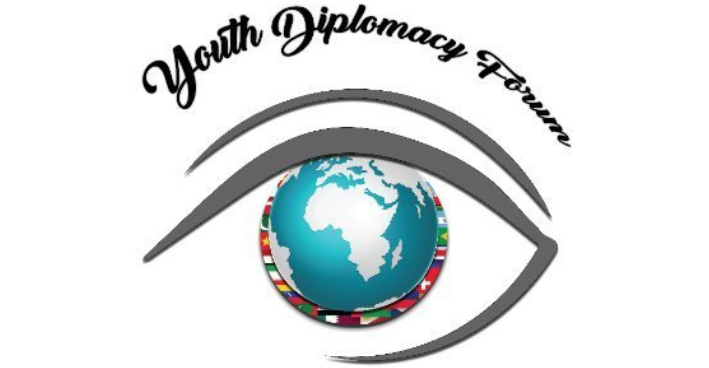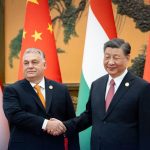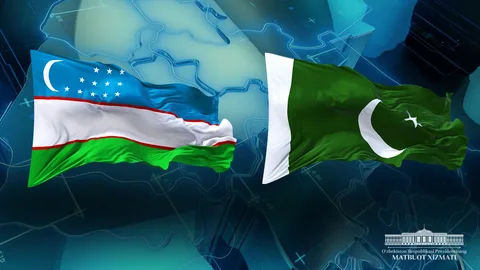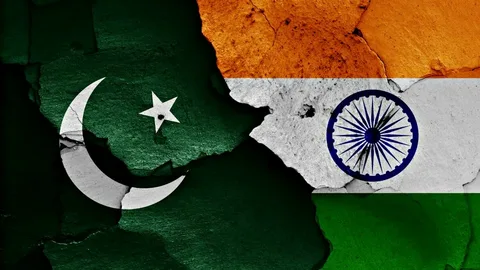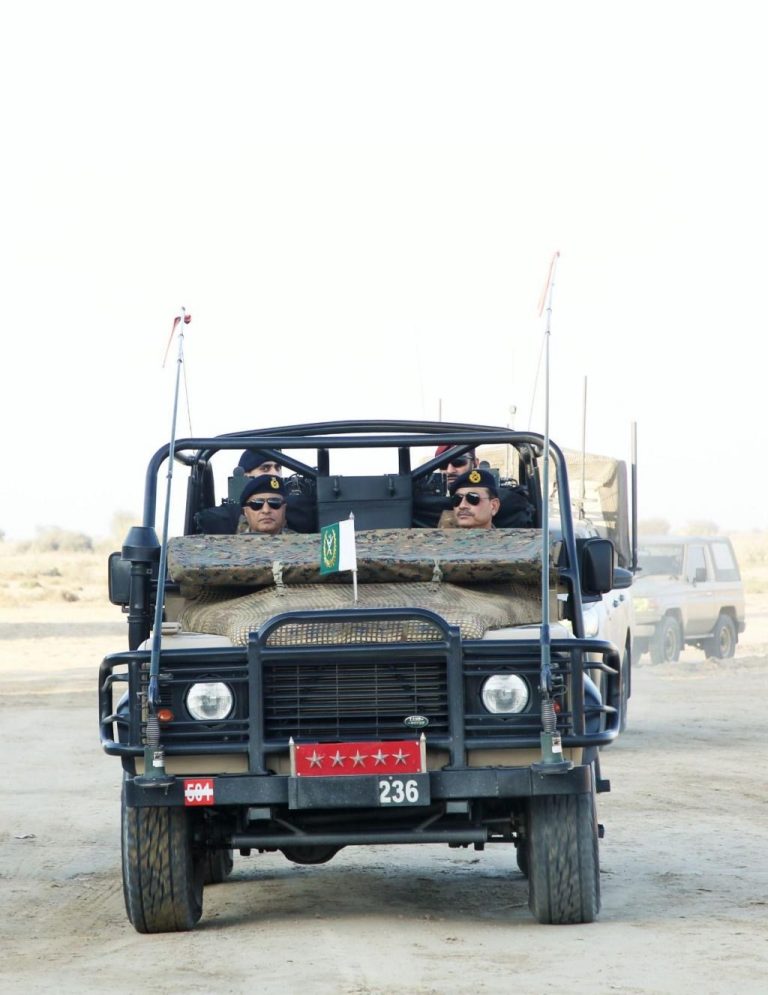He has cut U.S. foreign aid and started an unprecedented global tariff war. He has supported Russia’s narrative over its invasion of Ukraine and denigrated NATO partners. He has also mentioned making Canada the 51st state, reclaiming the Panama Canal, and annexing Greenland.
Parts of the rules-based global order that Washington helped create from the ruins of World War II have been upended by President Donald Trump’s frequently unpredictable campaign in the tumultuous first 100 days since he took office again.
“Trump is much more radical now than he was eight years ago,” stated Elliott Abrams, a conservative who was designated U.S. special envoy on Iran and Venezuela during Trump’s first term and who previously worked under Presidents George W. Bush and Ronald Reagan. “I have been surprised.”

Trump’s “America First” goal for his second term has strengthened enemies and alienated friends, while also casting doubt on how far he is willing to go. Even if a more conventional U.S. president is elected in 2028, his actions and that uncertainty have so unsettled some governments that they are reacting in ways that may be hard to reverse.
All of this occurs as the Republican president’s detractors point to domestic democratic reversals that have sparked worries overseas. These include transferring migrants to an infamous prison in El Salvador as part of a larger deportation campaign, verbally attacking judges, and launching a pressure campaign against universities.
“What we’re seeing is a huge disruption in world affairs,” Dennis Ross, a former Democratic and Republican administration negotiator in the Middle East, stated. “No one is certain at this point what to make of what’s happening or what will come next.”
This evaluation of Trump’s disruption of the international system is based on interviews conducted by Reuters with over a dozen government officials, foreign diplomats, and independent analysts in Washington and other global capitals.
Source: DW News and The Guardian
